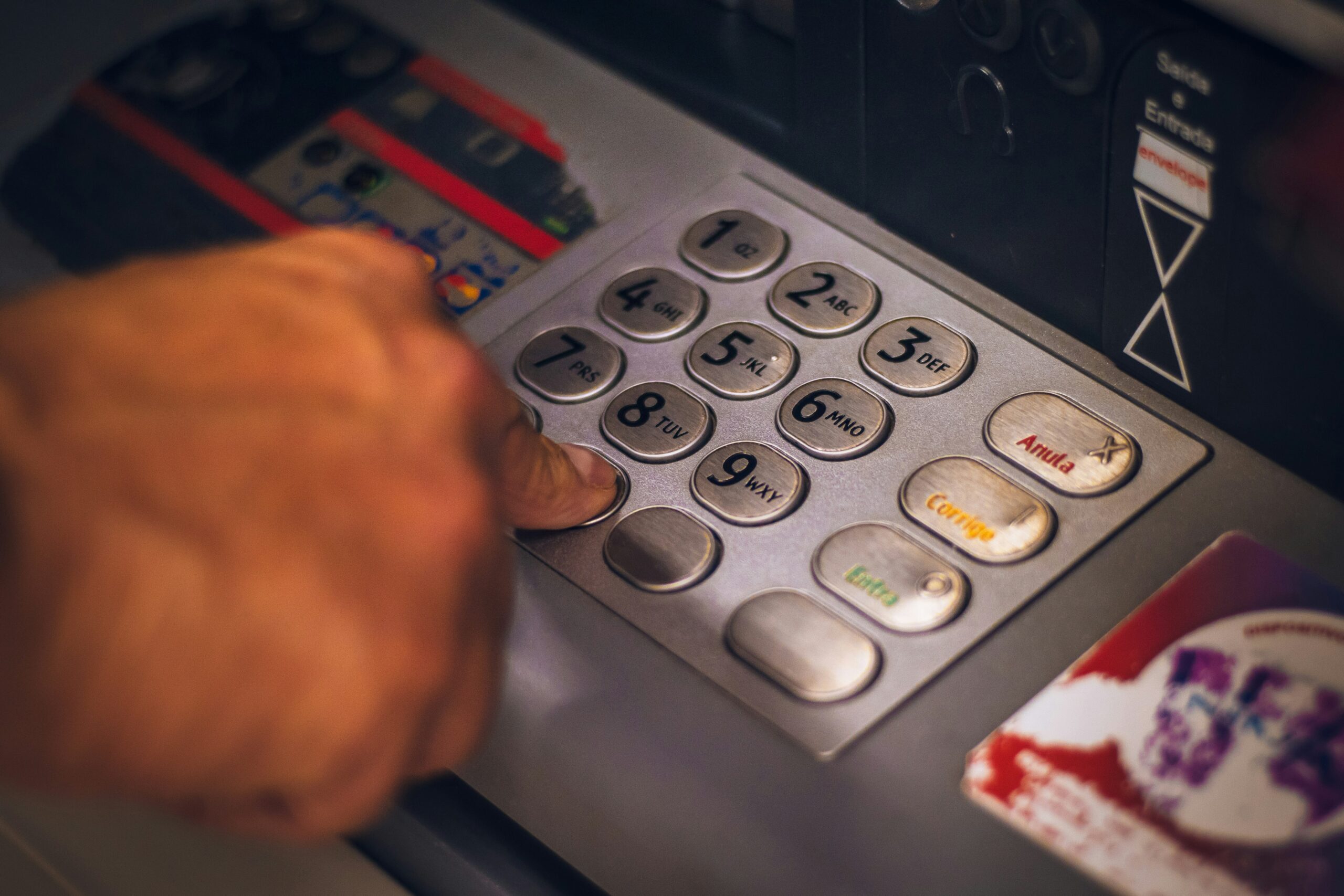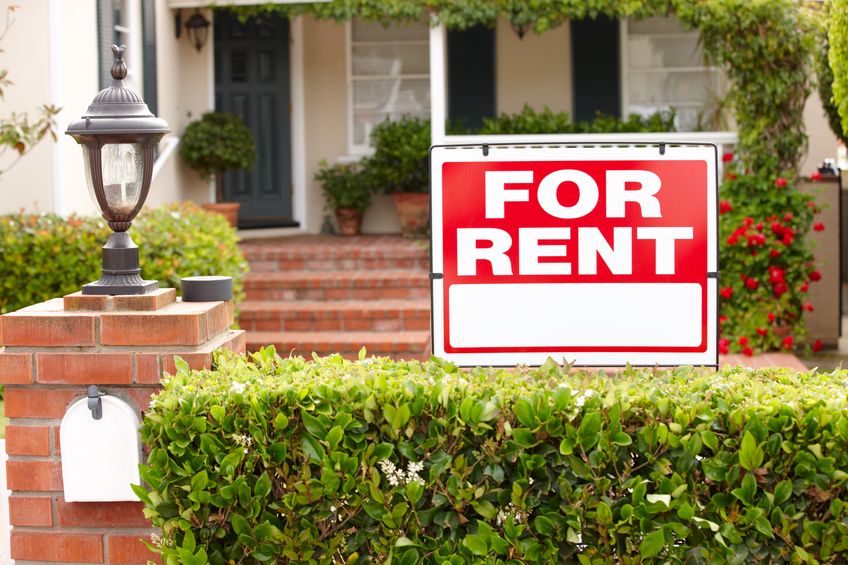Updated: Jan 2025
Originally Published: April 2016
Investing in a rental property is one of the most popular ways to build long-term wealth. In Canada, with its economy, diverse real estate markets, and growing demand for rental housing, it’s a great time to consider purchasing your first rental property.
Let Mortgage Okanagan help you understand buying a rental property and how it could be your next best move.
Understand your financial situation.
Before making big financial decisions, you must assess your current financial situation. This includes understanding how much you can afford to invest in a property without stretching your finances too thin. Here are a few key considerations:
- Down Payment: In Canada, a minimum down payment of 20% is required for rental properties.
- Mortgage Pre-Approval: Speak with a mortgage broker, like myself, to get pre-approved for a mortgage. This will give you a better idea of your budget and ensure you’re not overextending yourself financially.
- Monthly Cash Flow: Determine how much rent you can charge and compare that to your expected monthly expenses (mortgage payment, property taxes, insurance, maintenance, and management fees). Ideally, your rental income should cover or exceed these costs, with some surplus for potential vacancies or repairs.
Choose the right location.
Location is everything when it comes to real estate. Are you looking to buy a condo in the downtown of the city you live in or a duplex in a smaller neighbourhood?

Location will directly impact both your rental income and long-term capital gains. Consider these factors when choosing where to buy:
- Demand for Rentals: Is the area experiencing population growth or an influx of workers (e.g., due to a new business hub or university)? Areas with strong rental demand are likely to provide stable, long-term tenants.
- Access to Amenities: Proximity to transit, schools, shopping, hospitals, and parks will make your property more attractive to potential tenants.
- Job Market & Economic Stability: Economic growth can drive demand for rental properties.
- Rental Yield: Research rental yields (the annual rental income divided by the property’s value). Higher rental yields can indicate better cash flow potential.
Decide on the type of property.
There are several types of rental properties to choose from, and each has its own set of advantages and challenges:
- Single-Family Homes: These are traditional properties where one family lives, and you typically rent to one tenant or family. They tend to be easier to manage but may offer lower rental returns compared to multi-unit properties.
- Multi-Unit Properties (Duplex, Triplex, etc.): Multi-family homes can provide multiple streams of rental income, making them an appealing option for many investors. However, they may require more management.
- Condominiums: A condo can be an excellent entry point for a first-time investor, especially if you’re looking for something low maintenance. However, condo strata fees (maintenance fees, property taxes) can add up, so be sure to factor them into your calculations.
- Commercial Properties: If you’re looking for a higher return and are willing to take on more risk, commercial properties might be an option. These are typically more expensive and complex to manage but can provide higher returns.
Understand local laws and regulations.
In Canada, each province and city may have different rules when it comes to owning rental properties. Some areas have rent control laws, while others may have stringent tenant protection regulations.
- Rent Control: There are rules around how much you can increase rent annually. Make sure you understand the limits on rent increases and tenant rights in your chosen location.
- Tenant Screening: You’ll need a solid process for vetting tenants. This may include credit checks, references, and verifying employment or rental history.
- Property Maintenance: Understand your obligations as a landlord, from property upkeep to ensuring the building meets safety codes.
- Short-Term Rentals: If you’re thinking about renting your property on platforms like Airbnb, be aware that some municipalities have restrictions on short-term rentals, including licensing requirements and limitations on how many days you can rent out the property.
Inspect the property thoroughly.
Once you’ve found a property you’re interested in, inspecting the home will be an important part of the home-buying process. A thorough inspection will help identify any structural issues, plumbing or electrical problems, or safety concerns.
These issues may affect your initial investment and lead to higher maintenance costs in the future.
During the home-buying process, your Realtor will provide you with inspector options.
Prepare for taxes.
Real estate investments come with tax obligations that vary depending on the type of property, your personal situation, and whether you are operating as an individual or through a corporation. Some key tax considerations include:
- Rental Income: Rental income is taxable, and you must report it on your annual tax return.
- Capital Gains Tax: If you sell the property for a profit, you may be subject to capital gains tax. The amount of tax depends on the length of time you’ve held the property and whether it qualifies as your primary residence.
- Deductions: You can deduct certain expenses from your rental income, which can help reduce your taxable income.
Plan for long-term growth.
Real estate investing is a long-term commitment.
While you may see immediate returns from rental income, the true benefits of owning rental property often come in the form of long-term appreciation. Be patient, as property values tend to increase over time, but the real key is to ensure that your investment is sustainable, whether you’re holding onto the property for 5, 10, or 20 years.
Mortgage Okanagan can help.
Buying your first rental property can be a rewarding venture, both financially and personally.
By understanding your financial capacity, selecting the right property, and planning for the long term, you can set yourself up for success as a real estate investor. With the right knowledge and a thoughtful approach, you can navigate them and reap the rewards of your hard work. If you’re ready to qualify for a rental property, start the process with Mortgage Okanagan today! Give me a call at 250-826-3111, apply on my website or contact me through my online contact form and I’ll be in touch.







